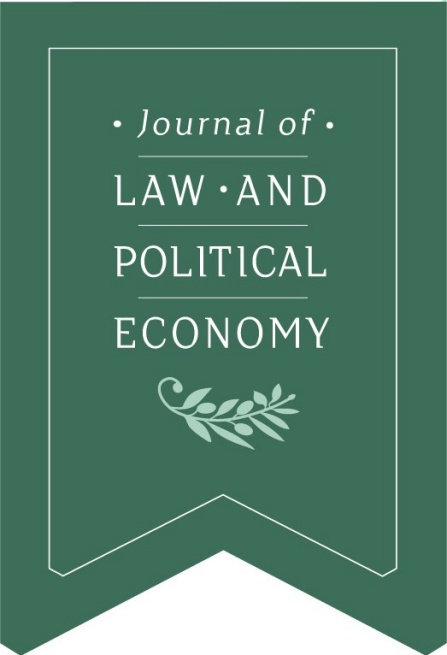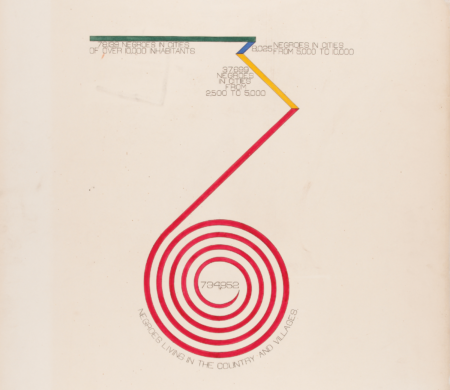
Algorithmic Imaginaries: The Political Limits of Legal and Computational Reasoning
As law and political economy scholars take aim at the deficiencies of dominant modes of legal thought and chart a path for law to promote a more just and egalitarian society, they must also attend to the role of algorithmic systems and algorithmic thought in shaping political imaginations. By the same token, computer and information scientists interested in computation’s role in social reforms would do well to learn from the critiques and proposals of the LPE community.





